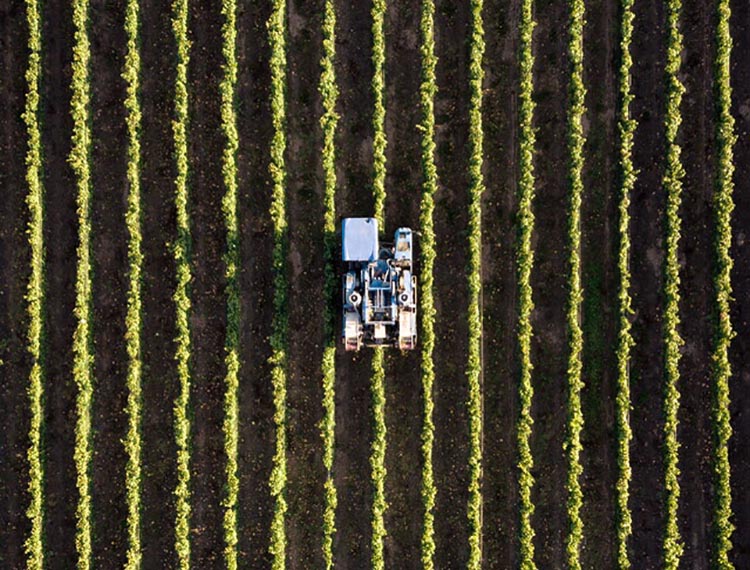Exciting future for agriculture and animal care training

An influential new report “AGRICULTURE, ENVIRONMENTAL AND ANIMAL CARE- ROUTE REVIEW” has set out how apprenticeships and technical education will raise standards and transform perceptions around agriculture, the environment and animal care.
Publication today [Thursday 30th Sept] is the culmination of an extensive employer-led review of current and future skills needs.
The report explains key employer-defined principles to guide the design of future training covering:
- Science, technology, engineering, maths (STEM): It’s important to draw out the STEM elements of training and celebrate the fact that many occupations are highly skilled and STEM-focused. For example, apprenticeships training future livestock vet technicians,ecologists, land based engineers, and crop technicians need lots of science-related skills.
- Health and safety: Employers reflected that farming in particular has a poor safety record and concerns persist. More than 40 people were killed through agriculture-related activities last year, of which 13 involved accidents with a vehicle and 11 with cows and bulls. High-quality training to prepare and protect the welfare of staff is vital.
- Diversity and inclusion: Employers are concerned about their ageing workforce. The average age of farmers in this country is for example around 60 and they want technical education to encourage more diversity across the board.
The report by the Institute for Apprenticeships and Technical Education (the Institute) stresses the importance of challenging the common “story book” view that agriculture is family dominated, with skills mostly passed informally from father to son. Many more diverse entry routes are now available through more than 40 apprenticeships.
It also updates on progress with planned updates to 11 apprenticeships and plans for new Higher Technical Qualifications and T Levels.
Dr Jude Capper, chair of the Institute’s route panel of employer experts who led the review, said:
“The agriculture, environment and animal care sectors have seen considerable changes over the past few years with some significant challenges to resilience. It’s great to see apprentices, employers and allied industry playing huge roles in helping us shape and refine apprenticeships and wider technical education so we can take advantages of upcoming opportunities and build a green and sustainable future.”
The report found that total income from farming decreased by around 16% last year, which was in part caused by huge challenges from COVID-19.
The pet market fared better through the pandemic, as more and more people took animals into their homes, with the number of pets increasing by around 8%.
Horticulture was said to support 32,000 businesses and over 300,000 workers. The equestrian sector attracted around £4.7 billion of consumer spending.
The Institute has introduced a sustainability framework to guide future training for all these sectors and help ensure they support the national drive to net zero carbon emissions.
This report is part of a wider review process which all technical education goes through on a regular basis, to help keep qualifications and apprenticeships up to date.
Jennifer Coupland, chief executive at the Institute, said:
“I would like to congratulate our fantastic employers for leading the way with this wide-ranging review. It’s exciting to see how apprenticeships and technical education will drive up standards and help create the younger and more diverse workforce that this sector needs.”











Responses